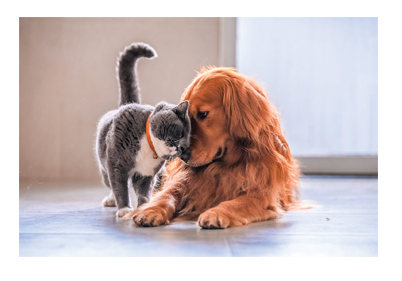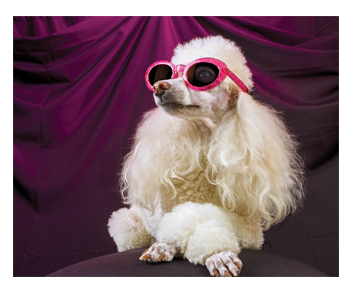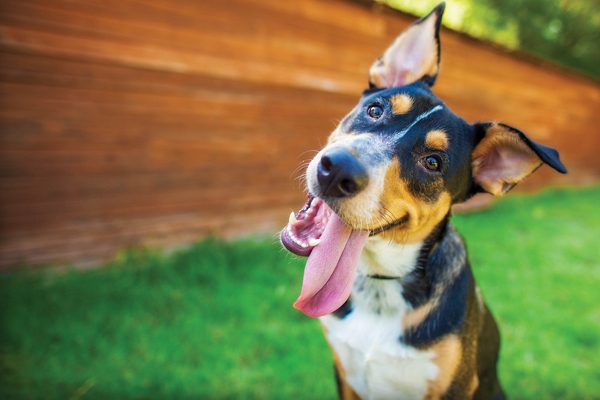
Health in the Hills
November 1st was National Cook For Your Pets Day. But what should – or more importantly shouldn’t – you be feeding your dogs and cats?
In recent years, consumers have grown more aware of the food they eat and where it comes from. Our modern diet is highly processed and loaded with fillers, and so too are some commercial dog and cat foods. As consumers become more conscious of both the diets they eat and those they feed their furry family members, raw meat-based pet foods are increasing in popularity.
However, raw meat-based diets contain high levels of bacteria and parasites which can be harmful to both you and your pet. Researchers analyzed 60 packs of raw meat sold for dogs including cattle,  chicken, lamb, turkey, pig, duck, reindeer, and salmon. All of the samples contained enterobacteria, which indicate fecal contamination during slaughter and processing. Additionally, E. coli and salmonellawere found in 33% and 7% of the foods, respectively.
chicken, lamb, turkey, pig, duck, reindeer, and salmon. All of the samples contained enterobacteria, which indicate fecal contamination during slaughter and processing. Additionally, E. coli and salmonellawere found in 33% and 7% of the foods, respectively.
These pathogens can cause your pet severe gastrointestinal distress and can also be shed into the environment, putting you at risk anytime you’re in contact with a dog or cat fed raw food. Infants, elderly people, or those with compromised immune system are particularly susceptible to contracting infections, and a number of deaths linked to raw meat pet foods have been reported.
Always consult a veterinarian before feeding your pet a raw or homemade diet, as there is a higher potential for nutritional deficiencies.
However, raw meat-based diets contain high levels of bacteria and parasites which can be harmful to both you and your pet. Researchers analyzed 60 packs of raw meat sold for dogs including cattle, chicken, lamb, turkey, pig, duck, reindeer, and salmon. All of the samples contained enterobacteria, which indicate fecal contamination during slaughter and processing. Additionally, E. coli and salmonellawere found in 33% and 7% of the foods, respectively.
These pathogens can cause your pet severe gastrointestinal distress and can also be shed into the environment, putting you at risk. If your vet approves of raw meat products, be sure to take the necessary precautions.

- Raw pet food should remain frozen until use and then be thawed at 50°F. Always keep it separate from all human food, as well as any kitchen equipment used for cooking, in order to prevent cross-contamination. After preparation, thoroughly wash your hands with soap and water and disinfect all surfaces that may have come into contact with the raw meat.
- Never let animals lick people’s faces immediately after eating raw food. Wear disposable gloves while cleaning up pet waste and wash your hands with soap and water afterward.
- Do not feed your dog or cat raw meat if they are being treated with antibiotics, as this can increase the risk of your pet developing an antibiotic-resistant infection.
- Routinely check the list of recalled pet foods on the Food and Drug Administration (FDA) website.



